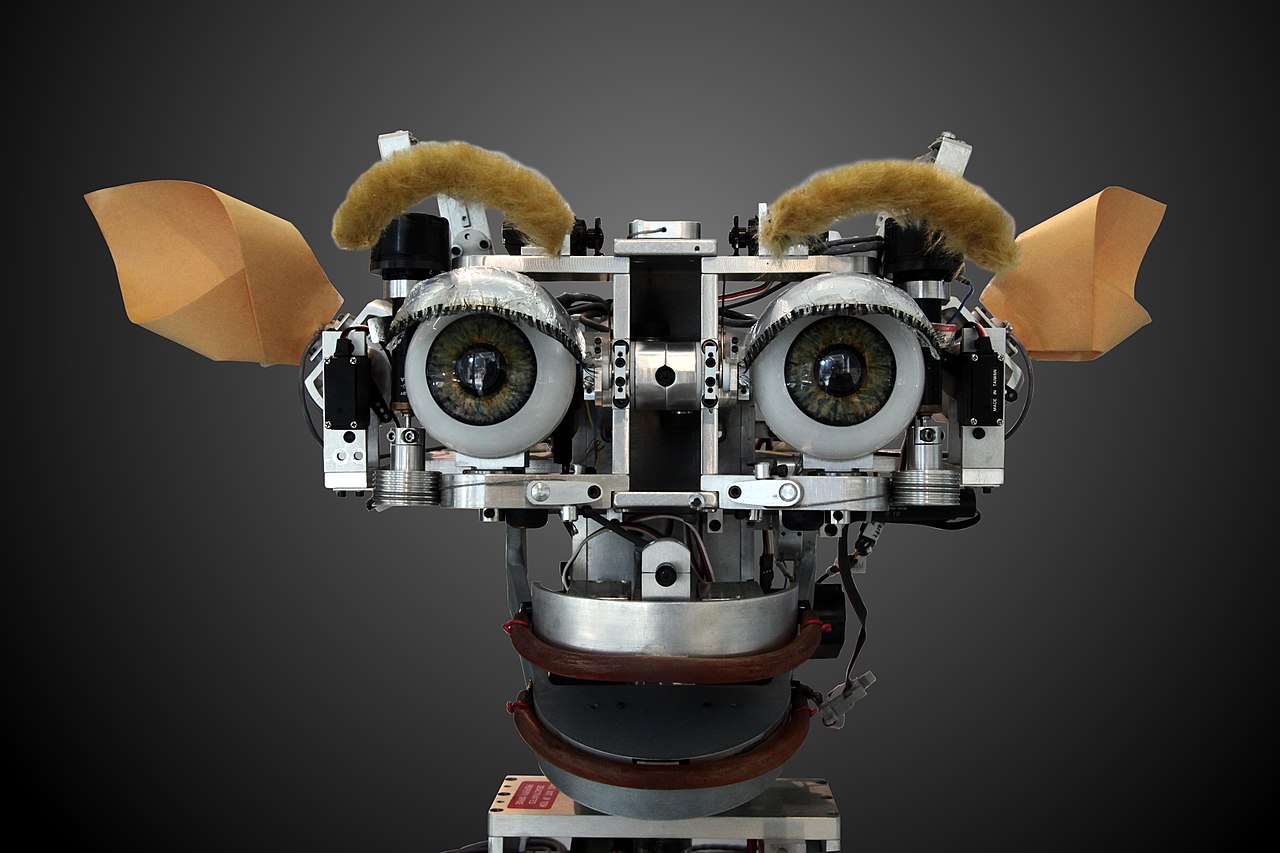Artificial intelligence (AI) has become a pivotal force in transforming industries and shaping the future of technology. The significance of AI can be evaluated through its impact on various sectors, its potential to solve complex problems, and the ethical considerations it raises.
Importance of AI
1. Automation and Efficiency
AI automates repetitive tasks, allowing humans to focus on more complex and creative activities. For instance, in manufacturing, AI-driven robots perform precision tasks faster and with greater accuracy than humans, leading to increased productivity and reduced costs.
2. Data Analysis and Decision Making
AI systems can process vast amounts of data quickly and identify patterns that would be impossible for humans to discern. This capability is crucial in fields such as finance, where AI algorithms analyze market trends to inform investment strategies, and in healthcare, where AI helps diagnose diseases by examining medical images.
3. Personalization and Customer Experience
AI enhances customer experience by personalizing interactions. In e-commerce, AI algorithms recommend products based on past purchases and browsing history, increasing customer satisfaction and sales. Similarly, in customer service, AI-powered chatbots provide instant responses to queries, improving service efficiency.
4. Innovation and Problem Solving
AI drives innovation by enabling new solutions to complex problems. In environmental science, AI models predict climate change impacts, aiding in the development of mitigation strategies. In pharmaceuticals, AI accelerates drug discovery processes, potentially leading to faster development of life-saving medications.
5. Safety and Security
AI enhances safety and security in various applications. Autonomous vehicles, for example, use AI to navigate and avoid obstacles, potentially reducing traffic accidents. In cybersecurity, AI systems detect and respond to threats more swiftly than human operators, protecting sensitive data from breaches.
Concerns and Ethical Considerations
1. Job Displacement
The automation of tasks by AI raises concerns about job displacement. While AI creates new job opportunities, it also renders certain roles obsolete, necessitating a shift in workforce skills and education.
2. Bias and Fairness
AI systems can perpetuate and even exacerbate biases present in their training data. Ensuring fairness and transparency in AI decision-making processes is crucial to prevent discrimination in applications such as hiring or law enforcement.
3. Privacy
AI technologies often rely on vast amounts of personal data, raising privacy concerns. It is essential to implement robust data protection measures and ensure that AI systems comply with privacy regulations.
4. Ethical Use
The development and deployment of AI must consider ethical implications. Autonomous weapons, for example, pose significant ethical and moral dilemmas regarding their use in conflict situations. Establishing clear ethical guidelines is vital to prevent misuse of AI technologies.
Conclusion
AI is undeniably important in advancing technology and improving efficiency, decision-making, and innovation across various fields. However, its adoption must be balanced with considerations of ethical implications, privacy, and the potential for job displacement. Addressing these challenges through thoughtful regulation and continuous dialogue will be essential in harnessing the full potential of AI while mitigating its risks.

